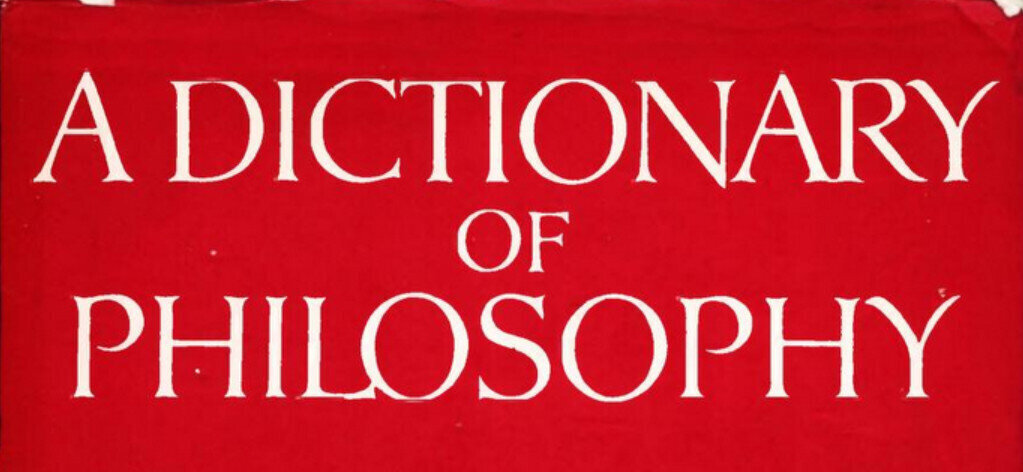
Cybernetics entry in A Dictionary of Philosophy, the influential work that reflected the political consensus in the USSR about many topics. This entry, probably based on the 1963 edition in Russian by Rozental and Yudin, reflects the post-Stalin view of cybernetics. Compare to this older entry from a 1954 edition, where it is dubbed a “reactionary pseudoscience”, “mechanicist” and “idealist”. In contrast, in this edition cybernetics is “against” idealist philosophy.
Cybernetics1, the science of the common features of processes and control systems in technological devices, living organisms and human organisations. The principles of C. were first set forth by Wiener (q.v.). The emergence of C. as a science was prepared by a number of technological and scientific achievements in the theory of automatic control; electronics, which made possible the construction of fast-action scanning and programme-controlled computing devices; the theory of probability (q.v), notably its applications in investigating problems of transmission and processing of information (q.v.); mathematical logic (q.v.) and the theory of algorithms (see Algorism); the physiology of nervous activity and homeostasis. As distinct from devices that transform energy or substance, cybernetic systems engage in processing information. In the study of control systems C. combines the macroscopic with the microscopic approach. The macroscopic approach is employed when the internal structure of the system is not known and the only observable is the movement of information at its inputs and outputs (the information entering the system and the reaction of the system). In this way the main flows of information and the ultimate functions of the control system are established. This type of problem is known as the “black box” problem. The microscopic approach assumes a certain knowledge of the internal structure of the control system and involves the determination of its basic elements in their intertelationship, their algorithms of work and the possibility of synthetising a control system out of these elements. One of the central problems of C. is that of the structure of self-organising (self-adjusting) systems. These are complex control systems usually comprising hierarchies of interacting subsystems capable of maintaining or attaining certain states (or characteristics of their states) against external factors tending to disturb or hinder those states. The most perfect self-organising systems have developed as a result of evolutionary processes in animate nature. That is why C. makes use of analogies between control functions in living organisms and technological devices. The importance of C. is seen primarily in the light of the opportunities it opens up for the automation of production and all types of formalised human mental activity, the investigation of biological control and regulation systems (hormonal, neural, hereditary mechanisms) by the method of analogue simulation (q.v.), and the development of new types of medical apparatus. Another promising domain is the application of cybernetic methods to economic studies and other spheres of organised human activity. This great diversity of applications of cybernetic methods is not due to any subjective whims and wills; its objective foundation is the existence of certain common features in the functions and structures of living organisms and man-made devices capable of mathematical description and investigation. Being in this respect a synthetic discipline, C. offers a striking example of a new type of interaction of sciences and provides abundant material for the philosophical investigation of the forms of motion of matter and the classification of sciences. The development of C. sparked debates on a number of methodological problems, viz., the analogies between human thinking and the workings of cybernetic mechanisms, the nature of information and its connection with the physical concept of entropy (q.v.), the essence of what is called organised, purposeful, and living, and other problems of an indubitably philosophical nature around which a struggle between dialectical materialism and idealism has developed. Thus, idealist philosophy, which rejects the possibility of objective investigation of mental activity, comes out against the findings of C. which contribute to an understanding of certain important aspects and mechanisms of such activity. While recognising the objective soundness of cybernetic analogies, dialectical materialism at the same time emphasises the erroneousness of completely identifying man with a machine and human intelligence with the functioning of cybernetic systems.